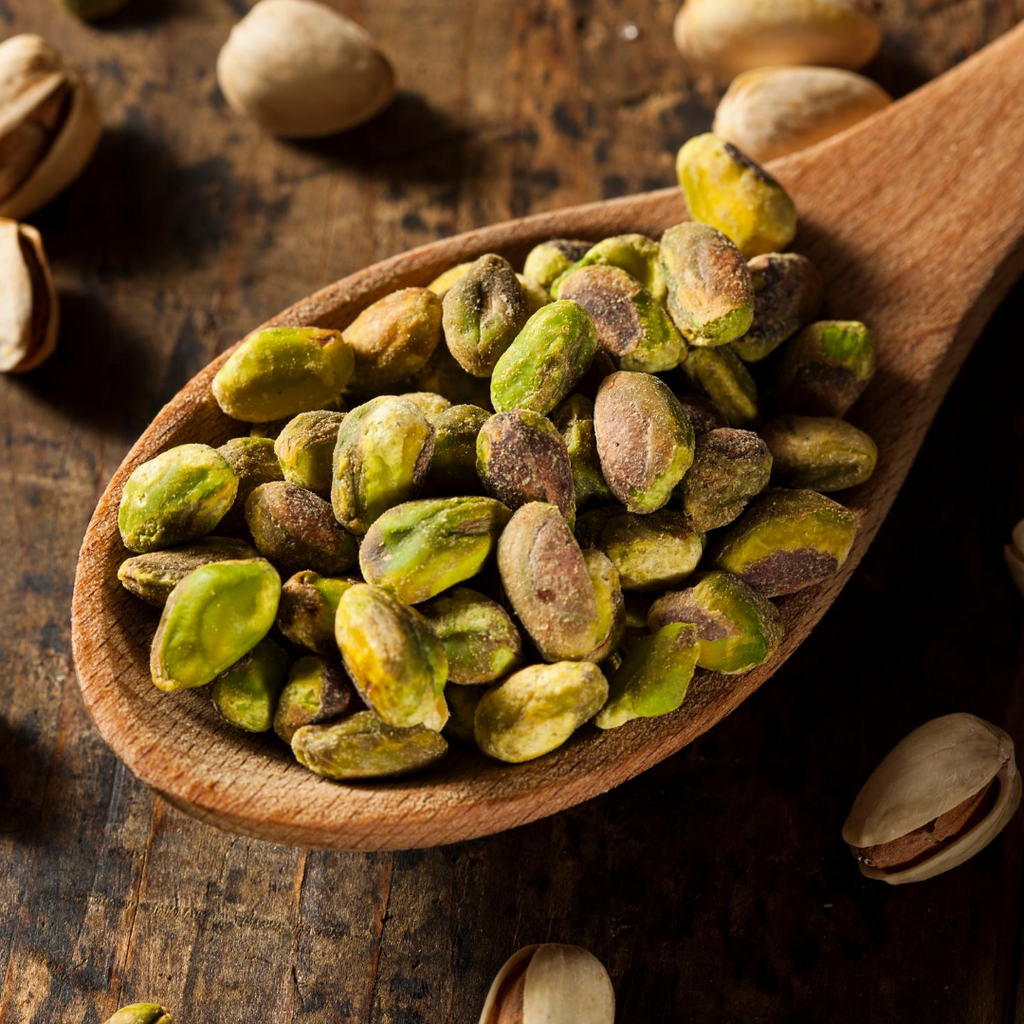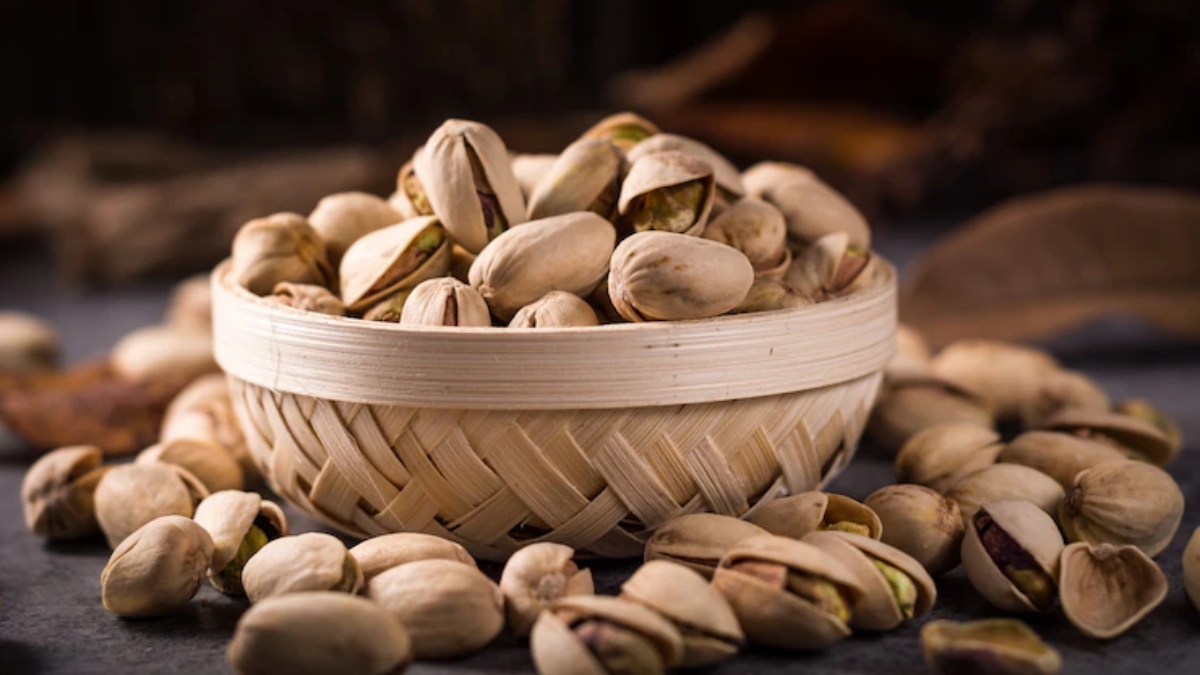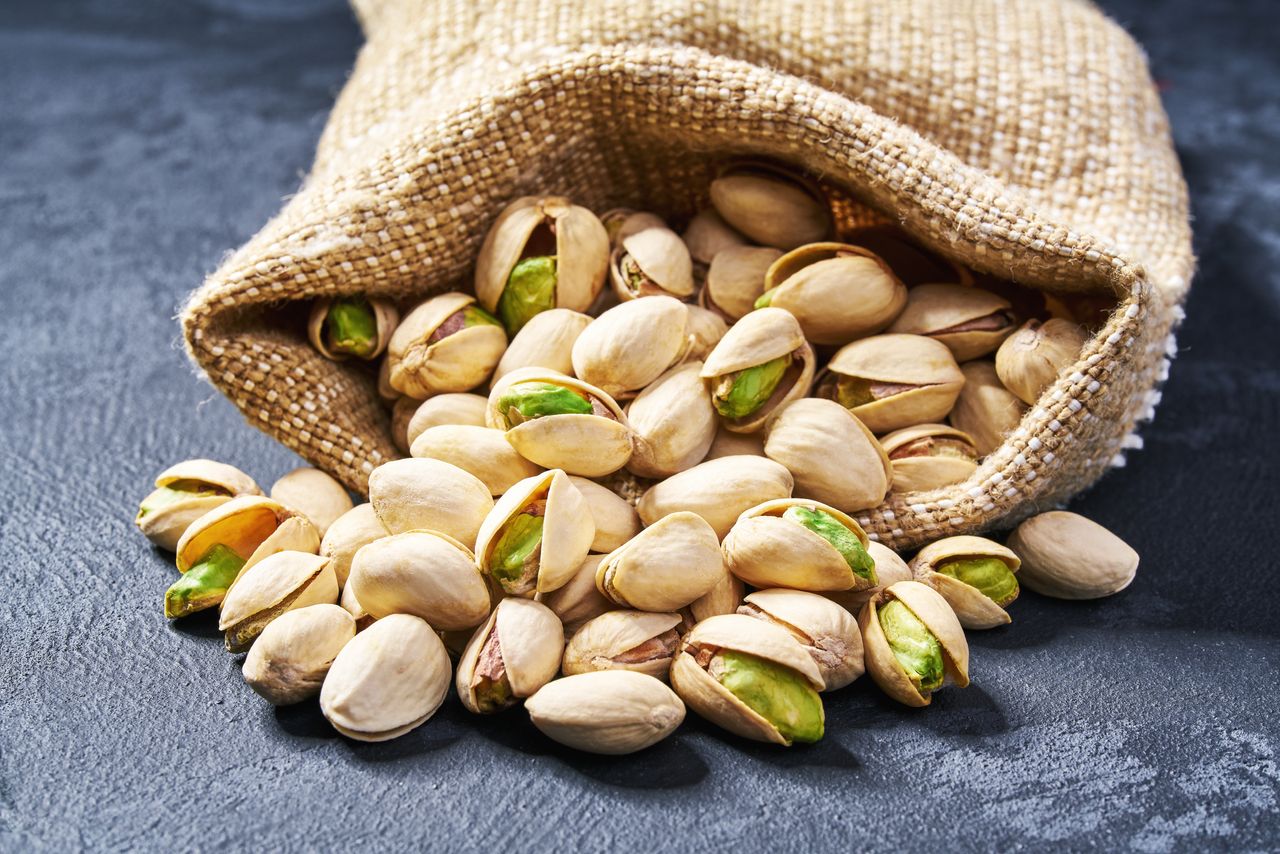Few foods boast a history as rich and enduring as pistachios. Archaeological evidence shows that these nuts were enjoyed as far back as 6,750 BCE, and their popularity has only grown in modern times. Pistachios are beloved not only for their unique, earthy flavor and the satisfying act of cracking open their shells but also for their numerous health benefits. In an age where consumers are increasingly health-conscious, particularly due to the influence of social media, the nutritional advantages of pistachios have become a significant draw.

What Are Pistachios?
Pistachios are shelled nuts with a flavor profile often described as earthy, nutty, sweet, or buttery. They belong to the cashew family and grow on Pistacia vera trees, commonly known as pistachio trees. These trees, native to Central Asia, can reach heights of up to 30 feet and live for over 300 years. Today, pistachios are produced primarily in the United States, Iran, Turkey, Greece, and Syria. Remarkably, the U.S. accounts for about two-thirds of the world’s pistachio production, with most of it coming from California.
Pistachio trees take about 15 years to reach their peak production levels, but once they do, they can be productive for at least 40 years. This longevity makes them a sustainable and valuable crop for farmers.
Nutritional Benefits of Pistachios
Pistachios are not just tasty; they are also packed with essential nutrients. According to the U.S. Department of Agriculture, pistachios contain calcium, iron, magnesium, phosphorus, zinc, vitamin C, thiamin, vitamin B6, folate, and vitamin K. Amy Goodson, a nutritionist and registered dietitian, emphasizes that pistachios are a nutrient-dense source of protein, with nearly 25 grams per cup of shelled nuts. Protein is crucial for developing and maintaining strong muscles, bones, skin, blood, and cartilage. Kristen Smith, a registered dietitian and spokesperson for the Academy of Nutrition and Dietetics, notes that high-protein foods like pistachios can aid in satiety and weight control.
Good for the Digestive System
Pistachios are also beneficial for digestive health due to their high fiber content—about 8 grams per ounce. Christine Palumbo, a registered dietitian and nutrition expert, highlights that pistachios contain plant compounds such as lutein, zeaxanthin, anthocyanins, flavonoids, proanthocyanidins, and vitamin E. These compounds can lower LDL (bad) cholesterol while increasing HDL (good) cholesterol and positively affect glucose metabolism and insulin resistance, potentially protecting against chronic diseases like cancer and cardiovascular disease.
Moderation Is Key
While pistachios offer numerous health benefits, it is wise to consume them in moderation due to their high-calorie content. A single cup of shelled pistachios contains nearly 700 calories. Goodson advises that overconsumption can lead to weight gain if not balanced within the overall diet. She also warns that some commercially available pistachios are salted, which can contribute to excessive sodium intake. Opting for unsalted or lightly salted varieties is recommended.

Despite these considerations, pistachios can be a versatile addition to one’s diet. Palumbo suggests eating them straight from the shell or incorporating them into dishes like rice pilaf, stir-fries, baked fish, or asparagus. When enjoyed in portion-controlled amounts, pistachios can offer several health benefits while delighting the palate.
